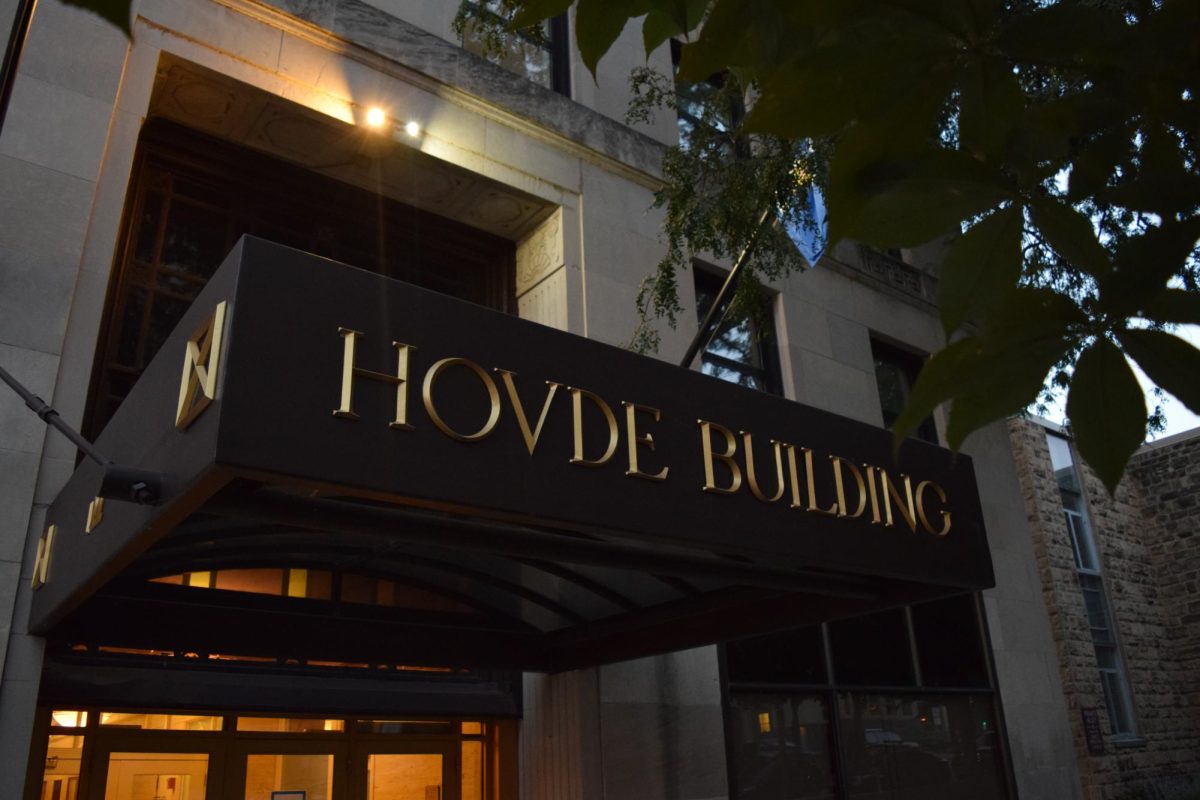In response to questions about possible state employee reactions to his new budget repair bill Friday, Gov. Scott Walker said he has contingency plans and is prepared to call up the state’s National Guard if necessary.
The budget repair bill Walker introduced to the public Friday morning contains a host of provisions targeted at the nearly $137 million shortfall in the state’s current fiscal year 2010-2011 budget.
Included in the bill were limitations on state employee unions’ abilities to bargain on working conditions, wages and benefits.
The governor’s plan to terminate almost all collective bargaining authority prompted reporters in Walker’s tightly packed conference room to ask whether the governor had plans in the event state employees anger over the bill translated into work slowing or stopping.
“Before I have taken office we had contingency plans made no matter what the circumstances,” Walker said. “I got a full briefing from the National Guard yesterday. We are fully prepared and equipped to handle whatever occurs, and I’m confident we’ll move forward.”
Walker did not share any details of what the contingency plans contained, but said he had no plans prepared in the event state and local law enforcement and fire employees went on strike.
The budget repair bill does not terminate or limit law enforcement and fire employees’ collective bargaining authority.
Cullen Werwie, Walker’s spokesperson, confirmed the governor had met with officials from the National Guard on Thursday and said contingency plans are constantly being updated and the most recent meeting did not take place to address corollary effects of Walker’s bill specifically.
“They’ve got procedures in place to deal with all sorts of emergencies from tornadoes to gaps in coverage of public service,” Werwie said. “It’s not a new plan they cooked up out of nowhere.”
If Walker’s budget repair bill passes, employers would be granted authority during a state of emergency to fire their workers for not coming into work for three days or participating in actions that slow or stop work.
Despite the provision, Walker said he expects state employees to continue showing up for work.
“There will be some in the unions’ leadership on the state level who will be upset and will try to incite [workers], but I think the people who showed up today will continue to show up,” Walker said.
In Wisconsin, the National Guard has been called up three times in since the 1970s in response to state employees going on strike. The Guard has plans for work stoppage and are ready to serve the governor, said spokesperson Lt. Col. Jackie Guthrie.
Union spokespeople declined to speculate whether state employees would show up to work Monday.













